

Banco Santiago is the largest bank in Chile, in terms of assets with Ch$4,088 billion (approximately US$9.86 billion ) as of March 31, 1997. The bank is the result of the merger of two of the largest institutions in the Chilean banking system, Banco O'Higgins S.A., mainly a corporate bank, and Banco de Santiago S.A., mainly focused in consumer and middle-market lending....
+See MoreSharpe-Lintner-Black CAPM alpha (Premium Members Only) Fama-French (1993) 3-factor alpha (Premium Members Only) Fama-French-Carhart 4-factor alpha (Premium Members Only) Fama-French (2015) 5-factor alpha (Premium Members Only) Fama-French-Carhart 6-factor alpha (Premium Members Only) Dynamic conditional 6-factor alpha (Premium Members Only) Last update: Saturday 28 February 2026
2023-10-28 12:29:00 Saturday ET

Paul Morland suggests that demographic changes lead to modern economic growth in the current world. Paul Morland (2019) The human tide: how
2019-08-03 09:28:00 Saturday ET
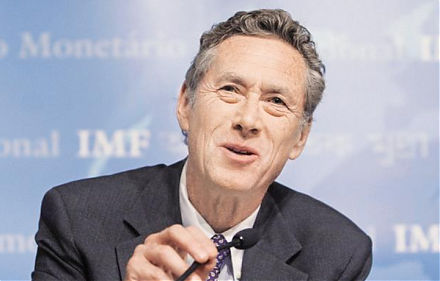
U.S. inflation has become sustainably less than the 2% policy target in recent years. As Harvard macro economist Robert Barro indicates, U.S. inflation has
2017-07-07 10:33:00 Friday ET
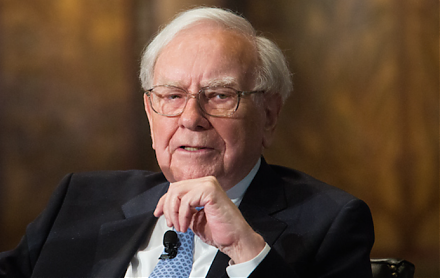
Warren Buffett invests in American stocks across numerous industries such as energy, air transport, finance, technology, retail provision, and so forth.
2019-10-01 11:33:00 Tuesday ET
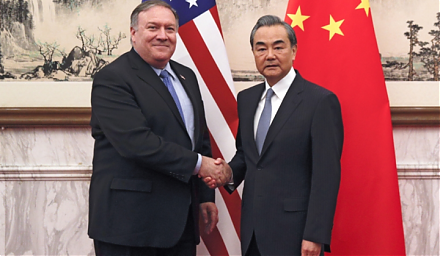
The Trump administration postpones increasing 25% to 30% tariffs on $250 billion Chinese imports after China extends an olive branch to de-escalate Sino-Ame
2019-04-30 07:15:00 Tuesday ET
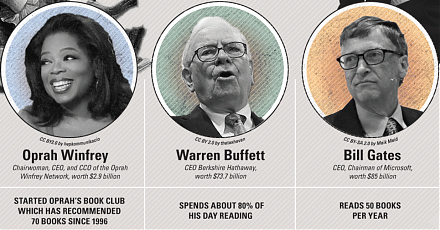
Through our AYA fintech network platform, we share numerous insightful posts on personal finance, stock investment, and wealth management. Our AYA finte
2018-06-07 10:36:00 Thursday ET
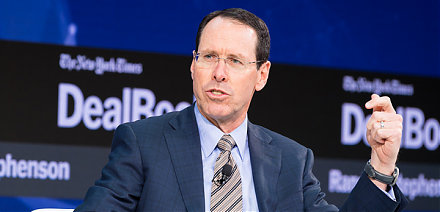
AT&T wins court approval to take over Time Warner with a trademark $85 billion bid despite the Trump administration prior dissent due to antitrust conce